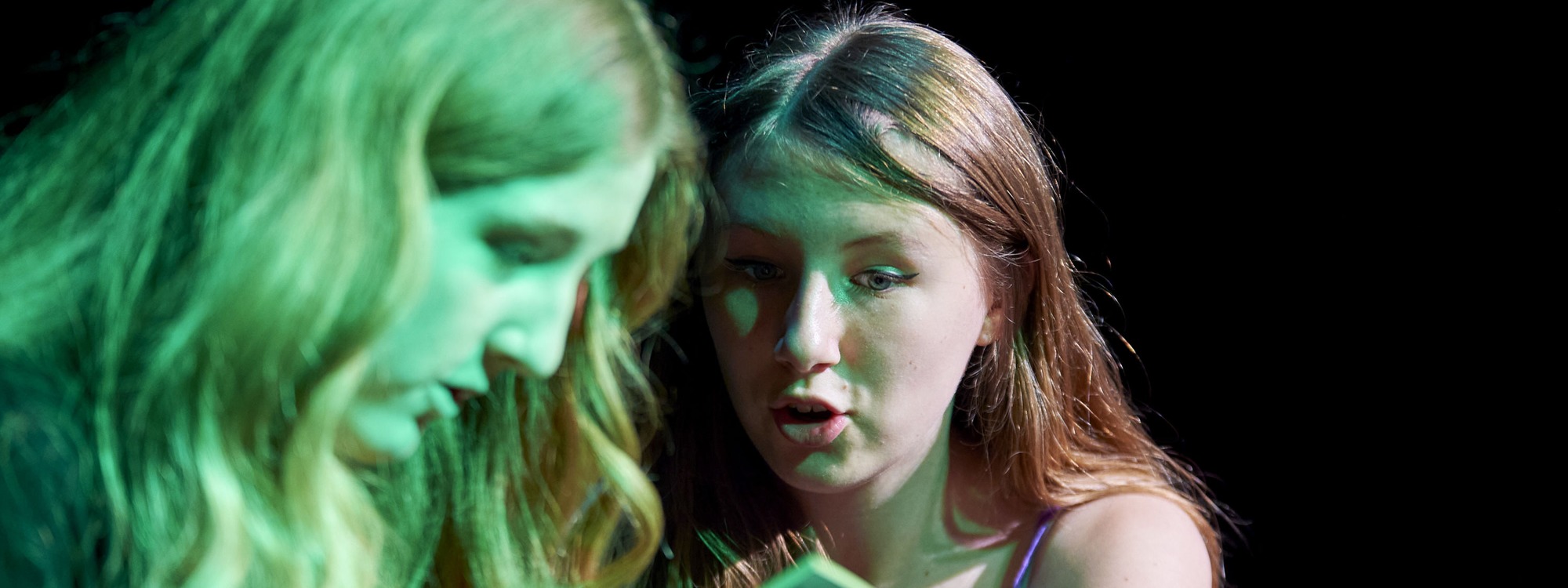Drama
Drama is taught as a compulsory subject until the end of Year 9 where it becomes a GCSE option subject. Students learn about theatre as a product and Drama as a process. We are proud to specialise in the teaching of technical theatre and design and have had great success at GCSE level with technical theatre results, we have technical students that have achieved places at the National Youth Theatre of Great Britain. We have strong connections with local theatres and festivals and ensure that our students benefit from these connections with opportunities like reviewing productions and volunteering for the Tunbridge Wells Puppetry Festival for example.
Co-Curricular And Enrichment Opportunities
We run weekly drama clubs, stretch our most able and talented with masterclasses, run inhouse National Theatre on Demand viewings to encourage our students to see live/recorded theatre and we arrange trips to local and regional theatres. We look at our Drama curriculum and work with other subjects to support cross curricular teaching, our academy productions are varied and this year we are looking to offer a sixth form production for younger students to enjoy watching and benefitting from.
Years 7, 8 & 9
Year 7-9 topics include: Team work and co-operation, characterisation skills, dramatic atmosphere and tension, improvisation skills, script based projects including Shakespeare and modern day texts.
Years 10 & 11
Name of Assessment: GCSE Drama
Examination Board:
OCR Specification: J316
Subject Details
This exciting specification for GCSE (9–1) Drama gives students the opportunity to explore the subject from a range of perspectives by devising their own, original work; by bringing to life the work of a playwright; as theatre reviewers, developing their own thoughts on what makes drama and theatre successful; and as creative artists building and bringing a character to life through exploration and rehearsal.
Assessment
Students can choose to be assessed as either a performer or as a designer in the non-exam components. This means that students have the choice to complete the course as a performer, as designer or through a combination of both roles. The designer option (lighting; sound; set; costume) has its own marking criteria and specification requirements, ensuring students are well supported in taking these options, and are credited for the individual skills needed for each discipline.
The qualification is made up of three components:
- There are two non-exam assessments (60% of the overall qualification) and one exam assessment (40% of the overall qualification).
- Theory and practical work will be integrated throughout the course and all texts studied are explored practically. Students need to be able to work well individually, in pairs and in groups to ensure success and high attendance is essential.
How is the qualification marked?
Through four key assessment objectives; that assesses students at different points of the creative process:
- When creating and rehearsing;
- When reflecting on how meaning has been communicated on stage;
- When demonstrating their theatrical skill in performance;
- When evaluating their own work or the work of others
Future career opportunities
The creative industries have moved into first place for being the fastest growing economic sector in the UK. Steve Jobs, founder of Apple, was fond of saying his success was due to him hiring artists and musicians fascinated by technology rather than technology obsessed employees.
Future career opportunities include:
- Technical and Design careers in Theatre
- Work in radio, Television and Film
- Drama Therapy
- Drama Education (Teacher, Lecturer, Early Years)
- Actor, Director, Playwright
Years 12 & 13: Theatre
Taught in: Year 12 - 13
Exam Board: IBO
Theatre is a practical subject that encourages discovery through experimentation, risk taking and presenting ideas to others.
The IB Diploma Programme theatre course is a multifaceted theatre-making course where students have the opportunity to make theatre as designers, directors and performers. It emphasises the importance of working both individually and collaboratively as part of an ensemble.
Students learn to apply research and theory to inform and add context to their work. The theatre course encourages students to appreciate the processes of researching, creating, preparing, presenting and critically reflecting on theatre— as participants and audience members—they gain a richer understanding of themselves, their community and the world.
Students become aware of their own personal and cultural perspectives, developing an appreciation of the diversity of theatre practices, their processes and their modes of presentation. It enables students to discover and engage with different forms of theatre across time, place and culture and promotes international-mindedness. Read more with a breakdown of the curriculum model here:







